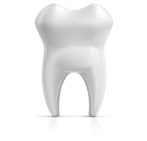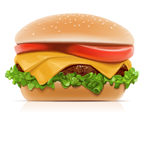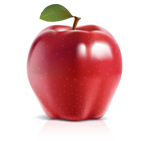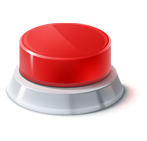Improve Your Oral Health
Further detailed information
Your mouth
•1. Clean your teeth
To remove dental plaque, teeth should be brushed at least twice a day (in the morning after breakfast and just before bed). Use a soft bristled toothbrush with a small head, and fluoride toothpaste.
•2. Floss regularly
Tooth brushing cannot reach difficult areas between the teeth. Using dental floss at least once a day provides effective removal of dental plaque and cleaning between the teeth.
•3. Take care of oral piercings
If you have an oral piercing visit a dental professional every six months so the piercing and any potential damage to teeth can be monitored. Make sure the size and position of jewellery does not damage teeth and gums. It is preferable to wear good quality plastic jewellery rather than metallic jewellery. To prevent damage to teeth and gums, remove jewellery before participation in sport and before sleeping.
•4. Use mouth rinses
Mouth rinses should not be considered substitutes for regular tooth brushing and flossing but as an added way of ensuring the health of your mouth.
•5. Get regular dental checkups
Regular dental check-ups, at least every two years (preferably every 6 months), will help to keep teeth and gums healthy.
Your lifestyle
There are many lifestyle factors that can impact on your oral health including mouth care habits, nutrition, tobacco use, sun exposure and mouth protection.
•1. Drink plenty of water, especially if fluoridated
Fluoridated water benefits people of all ages because it immediately acts to strengthen the outer surface of teeth making teeth stronger and more resistant to decay.
•2. Eat a wide variety of nutritious foods
To prevent oral health problems, what you eat is important. The best food choices include cheeses, chicken or other meats, nuts, and milk. These foods are thought to protect tooth enamel by providing the calcium and phosphorus needed to remineralize teeth (a natural process by which minerals are redeposited in tooth enamel after being removed from enamel by acids). Other food choices include firm/crunchy fruits and vegetables. These foods have a high water content, which dilutes the effects of the sugars they contain, and increase the flow of saliva (which helps protect against decay by washing away food particles and buffering acid). Acidic foods, such as citrus fruits, tomatoes and lemons, should be eaten as part of a larger meal to reduce the acidic environment to which your teeth and mouth must be exposed.
•3. Limit the amount of sugary foods and drinks you consume.
Limit the amount of sugary foods and snacks you eat, especially between meals. Milk and flavoured milks are preferable to other sugary drinks. If you do drink acidic and sugary drinks such as soft drinks, sports drinks, cordials and fruit juices, limit how often and how much of these you drink.
•4. Limit the amount of alcohol you drink
Having high alcohol consumption may put you at higher risk for oral health problems, specifically having more teeth with decayed surfaces.
•5. Quit smoking
Every time you inhale tobacco smoke, thousands of chemicals enter your body through your mouth. Smoking is a major cause of gum disease and other oral health problems: tarnished and stained teeth, bad breath, swollen gums, sore lips, and sore throat. Smoking is also a major cause of oral cancers. The most common sites for oral cancer include the lips, side of the tongue and under the tongue on the floor of the mouth.
•6. Protect your face from the sun
Excessive sun exposure to the lips is a risk factor for developing oral cancer.
•7. Mouth protection
Anyone who participates in a sport that carries a risk of contact to the face should wear a mouthguard. A mouthguard helps absorb shock experienced by a blow to the face, which might otherwise result in an injury to the mouth or jaw.
 YOUR MOUTH
YOUR MOUTH  HARMING YOUR
HARMING YOUR  Recognising
Recognising  Improve Your
Improve Your  Meet Your
Meet Your Dental
Dental  Understanding
Understanding  Contact
Contact 